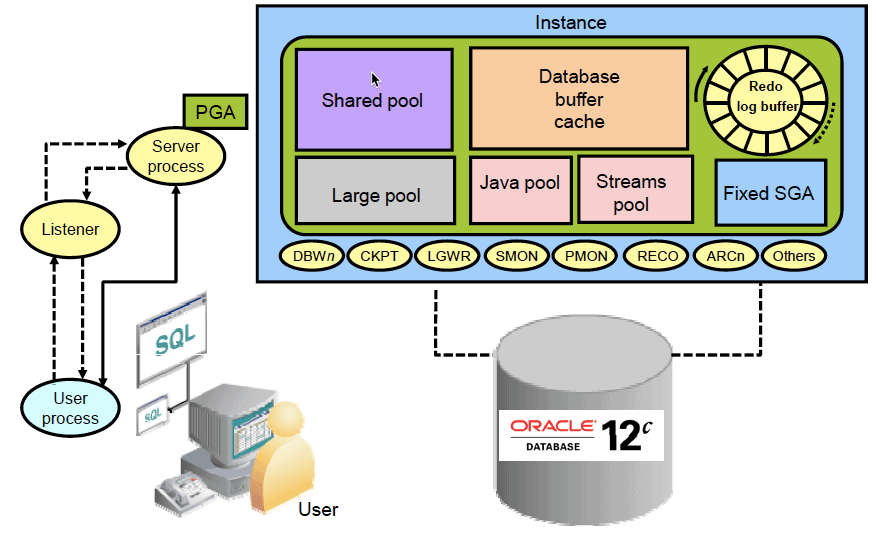Optimize Oracle Query Using the Best & Simplest Techniques


A database is a crucial part of the online operation of an organization, which is why it must be at its best performance at all times. For higher performance overall, Database Administrators analyze and optimize Oracle query from time to time to ensure streamlined and uninterrupted operations.
Many organizations around the world prefer Oracle as their database, and in this post, we will discuss some common yet simple and extremely useful techniques to optimize Oracle query for seamless performance.
To begin with, you must get acquainted with SQL tuning at the system level before anything else. This is because other modifications might be undone on their own in the absence of system-level tuning, forcing you to make adjustments and conduct performance tuning again.
Once you have made alterations at the system level, you will have to rewrite complicated subqueries using temporary tables such as GTT or Global Temporary Table. Take the help of the WITH operator to simplify complex sub-statements such as those containing the WHERE clause, the scalar SELECT clause, and the ones with the FROM clause within the views. Simplifying such queries alone will result in performance improvement by many levels, and the task is made easier thanks to temporary tables in Oracle.
If you require greater performance and scalability, your next step in Oracle query performance tuning should be indexing all the predicates in your database. You can do this for various clauses present in SQL queries such as the predicates of JOIN, GROUP BY, ORDER BY, and WHERE.

Indexing is also incredibly important, especially in larger databases with a lot of data because otherwise, the database can face numerous locking or performance-related problems every time a SQL query requires table scanning. Therefore, it is preferable to include indexing for all the predicates except those that have column data with low cardinality.
Make sure to use outer joins as rarely as possible, and give preference to inner joins at all times. If you find instances where an outer join can be replaced by an inner join, make the replacement, as it will lead to a boost in SQL query performance.
This is because outer joins are executed slower than inner joins, and this has a significant impact on optimization. Additionally, if you have Oracle 10g or Oracle 11g, both of these need CLOB or BLOB columns towards the end of the queries. Without using them to optimize Oracle query, an execution failure may take place for instances involving an input value size of greater than a thousand characters.
Fortunately, there are plenty of tools to help you perform query optimization. One of them is known as the Oracle query optimization tool and it is an in-built application that makes query optimization in Oracle easier. It does this by locating the most time and cost-saving technique through which a SQL statement can fetch data from the database.

This tool is tasked with creating as many execution plans as possible and providing their costs incurred for a statement, which it compares with each other to determine the most economical plan among them that will cost the least to improve overall database performance.
The optimizer uses query blocks as the input and decides the most efficient execution plan from the statistics gained from those query blocks. A query block is a SQL query’s parsed version and helps in obtaining the most feasible solution.
These were some of the most useful techniques
in Oracle query performance tuning
and improving database function. Using them in conjunction with the Oracle
query optimization tool will speed up the process while reducing the efforts of
the database administrator.
Comments